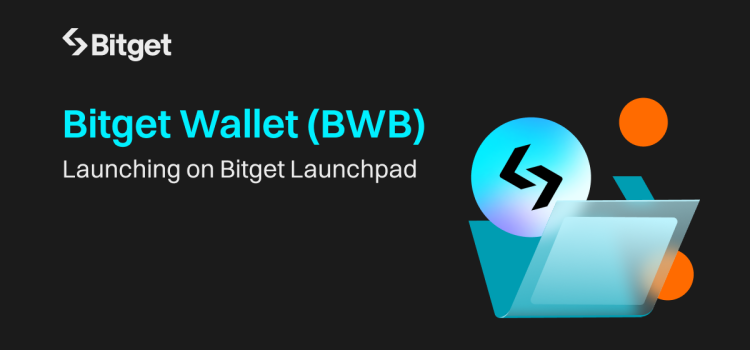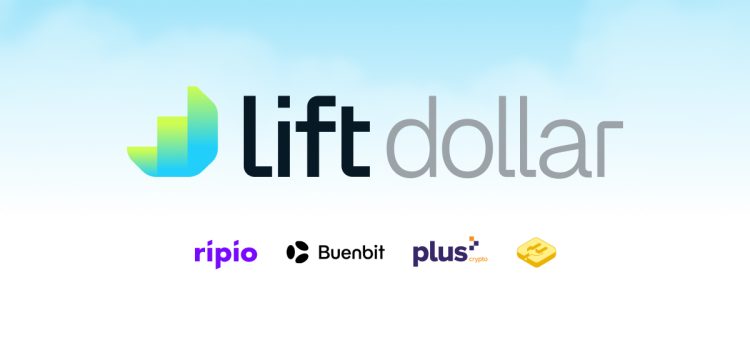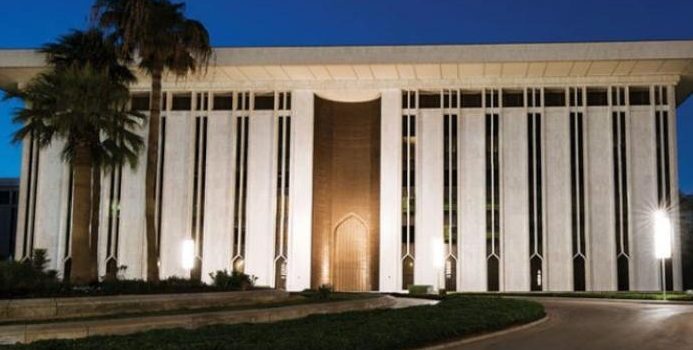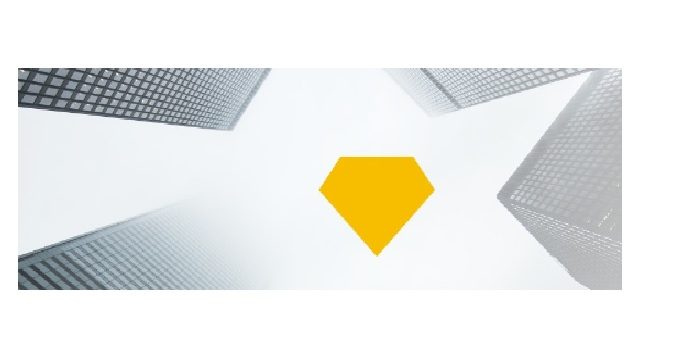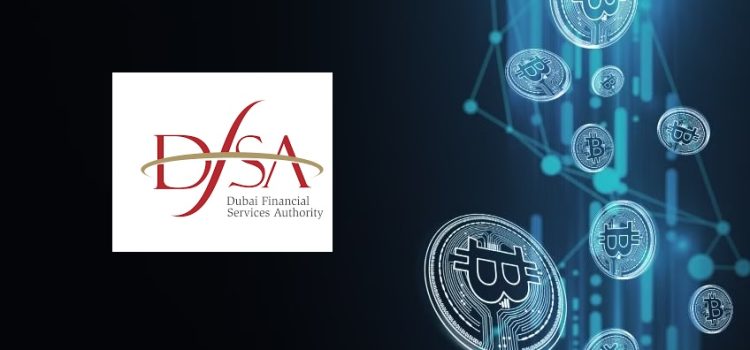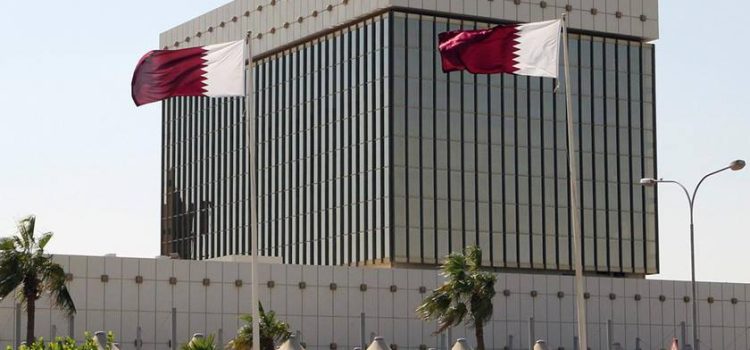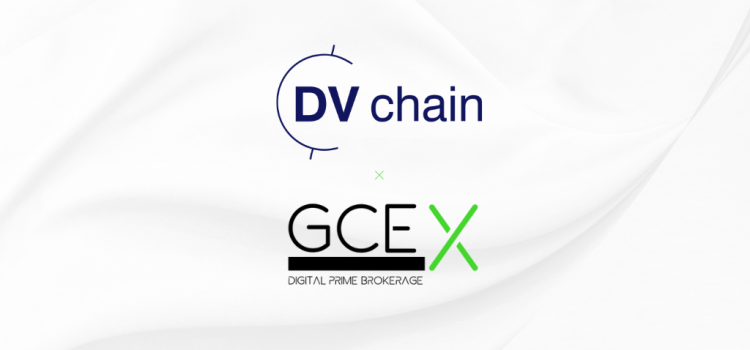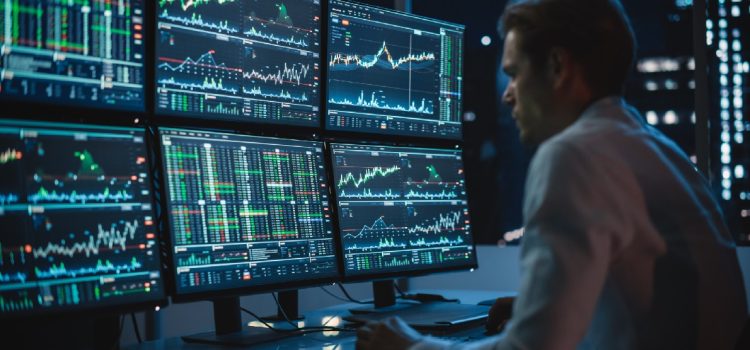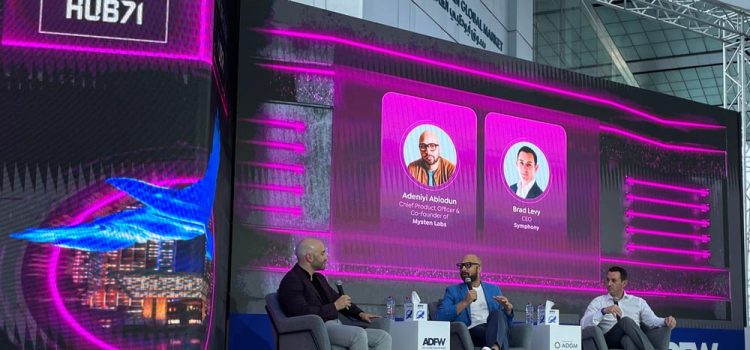
Bitget Crypto Exchange a global cryptocurrency exchange and Web3 company and Bitget MENA, crypto exchange, successfully launched the Bitget Wallet Token (BWB) on its Launchpad with the MENA region witnessing a 23% increase in BWB daily active users after the launch. Bitget Wallet is a Web3 multi-chain wallets that includes wallet, Swap, NFT Market, DApp Browser, and Launchpad features.
The sale of the BWB token took place between June 1st and June 6th and was listed on Bitget spot market on the 6th as well. Offered was a total supply of 1 billion BWB tokens and a launchpad pool specifically set aside for BGB and USDT holders.
The BWB launchpad achieved remarkable success, with the token price surging from $0.15 to $0.6. (Source https://coinmarketcap.com/currencies/bitget-wallet-token/)
As a leading token launch platform, Bitget Launchpad enables users to participate in fundraising for promising and emerging projects, offering tokens in return.
Bitget wallet launched the Bitget Onchain layer, a blueprint for its future endeavors into Web3 positioning itself as both the on-chain extension and decentralized future of the Bitget ecosystem.
Bitget Wallet token BWB not only serves as the official native token of the Bitget Wallet, but it also plays a role in Bitget Onchain Layer. Powering the Bitget Onchain Layer is a $10 million BWB Ecosystem Fund that seeks to incubate and grow partnered projects building on the Bitget Onchain Layer.
The BWB token also empowers users allowing token holders to participate in decision-making processes. Users can also stake BWB tokens to earn rewards, further enhancing their overall yield.
In the future the token will be used for paying gas fees across multiple chains with the release of the Account Abstraction (AA) wallet.
Holders of BWB token will also gain access to Bitget Wallet’s Launchpad, Launchpool and Airdrop events. In addition, holding BWB will also qualify users for airdrops from projects building on the Bitget Onchain Layer, providing continuous value and benefits for holders of the token.
In early May 2024, Bitget Wallet reported on its 30-day growth which witnessed a 300 % growth in the MENA region. Countries in the MENA region such as Egypt and Saudi Arabia are among the top 15 countries for Bitget wallet downloads globally.
Sam Spiers, Regional Director Bitget MENA, “We are pleased with the success of the launch of BWB token on the Bitget exchange launchpad. The enthusiasm for the token is not surprising. Bitget crypto exchange token BGB is one of the top 5 CEX tokens in terms of market capitalization. The scope of BWB is vast as it will run the Bitget Wallet ecosystem which encompasses 25M users and counting.”
Alvin Kan, CCO of Bitget Wallet adds, “As our ecosystem continues to develop, the BWB token will play increasingly significant roles in empowerment and application within the Budget On Chain Layer, thus broadening its value discovery and recognition as ecosystem construction progresses.”
In March 2023, Bitget invested an additional $30 million into Bitget Wallet (previously known as BitKeep), thereby securing a controlling stake and catalyzing a comprehensive brand upgrade.
Bitget, has adopted a dual token system consisting of CEX token (BGB) and its Bitget Wallet token (BWB) allowing Bitget to extend its foundational ecosystem on-chain and off-chain to develop a solid Web3 future whose complementary roles within the Bitget ecosystem offer unique advantages for all stakeholders.
This improved dual token system also diversifies risk and offers flexibility. Each token can address risks specific to its platform. For instance, BGB can manage exchange-related risks, while BWB can focus on wallet-specific security and functionality. This creates a resilient system where any of the two platforms can always support the ecosystem by acting as a buffer against systemic risks.
As the next bull run approaches, Bitget Wallet (BWB) is being eyed as a potential 100X gem, with market analysts predicting the listing price could range between $0.50 and $1.00.








